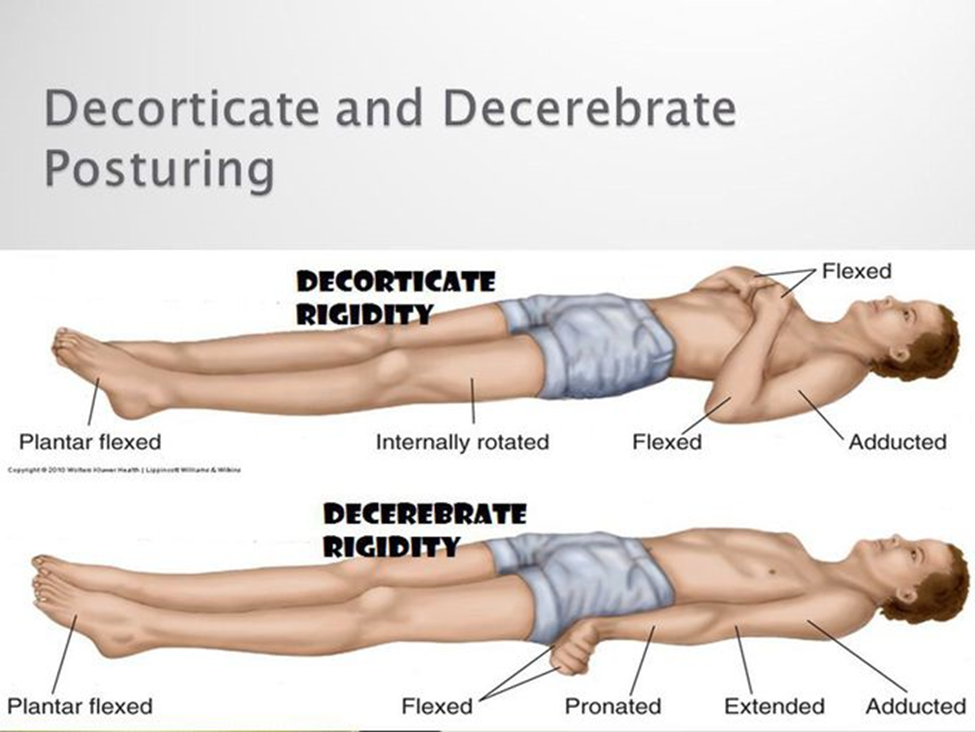Which vitamin will reduce the therapeutic effects of levodopa?
B6
A
E
K
C
The Correct Answer is A
A. B6 (Pyridoxine):
Vitamin B6, also known as pyridoxine, is known to reduce the therapeutic effects of levodopa. It competes with levodopa for absorption in the gastrointestinal tract and can decrease the amount of levodopa that reaches the brain, thereby diminishing its effectiveness in treating Parkinson's disease symptoms.
B. A (Retinol):
Vitamin A, also known as retinol, is not typically associated with reducing the therapeutic effects of levodopa. Vitamin A plays important roles in vision, immune function, and cellular communication, but it does not interact with levodopa in a way that affects its therapeutic efficacy.
C. E (Alpha-Tocopherol):
Vitamin E, also known as alpha-tocopherol, is an antioxidant that plays a role in protecting cells from oxidative damage. While vitamin E supplementation is sometimes used in Parkinson's disease management for its potential neuroprotective effects, it is not known to reduce the therapeutic effects of levodopa.
D. K (Phylloquinone):
Vitamin K, also known as phylloquinone, is primarily involved in blood clotting and bone metabolism. It does not interact with levodopa in a way that reduces its therapeutic effects.
E. C (Ascorbic Acid):
Vitamin C, also known as ascorbic acid, is not known to reduce the therapeutic effects of levodopa. While vitamin C has various roles in the body, including antioxidant activity and immune function support, it does not interfere with levodopa absorption or efficacy.
Nursing Test Bank
Naxlex Comprehensive Predictor Exams
Related Questions
Correct Answer is C
Explanation
A. Extension of the extremities
Extension of the extremities is not consistent with decorticate posturing. Instead, it is more indicative of decerebrate posturing, where both the upper and lower extremities are typically extended.
B. Pronation of the hands
Pronation of the hands is not typically associated with decorticate posturing. In decorticate posturing, the hands are usually flexed with the wrists and fingers pointing towards the body.
C. Plantar flexion of the legs
Plantar flexion of the legs characteristic of decorticate posturing. Decorticate posturing mainly involves plantar flexion of the feet.
D. External rotation of the lower extremities
External rotation of the lower extremities is also not typically associated with decorticate posturing. In decorticate posturing, the lower extremities may exhibit extension or internal rotation, but external rotation is not a characteristic feature.

Correct Answer is A
Explanation
A. Nystagmus:
Nystagmus is an involuntary, rhythmic movement of the eyes, which can be rapid and jerky. It is a common neurological manifestation of phenytoin toxicity. Patients experiencing phenytoin toxicity may exhibit horizontal or vertical nystagmus, which can be detected upon physical examination.
B. Strabismus:
Strabismus, also known as crossed eyes or squint, refers to a misalignment of the eyes. While strabismus can have various causes, it is not typically associated with phenytoin toxicity. Therefore, it is less likely to indicate phenytoin toxicity compared to nystagmus.
C. Blurry vision:
Blurry vision, or visual disturbances, can occur in patients experiencing phenytoin toxicity. However, it is a non-specific symptom and can be observed in various other conditions as well. Patients with phenytoin toxicity may experience blurry vision, double vision (diplopia), or other visual disturbances due to the effects of the medication on the central nervous system.
D. Amblyopia:
Amblyopia, also known as lazy eye, is a condition characterized by reduced vision in one or both eyes. It is typically associated with visual development during childhood and is not directly related to phenytoin toxicity. Therefore, it is less likely to indicate phenytoin toxicity compared to nystagmus or other neurological manifestations.
Whether you are a student looking to ace your exams or a practicing nurse seeking to enhance your expertise , our nursing education contents will empower you with the confidence and competence to make a difference in the lives of patients and become a respected leader in the healthcare field.
Visit Naxlex, invest in your future and unlock endless possibilities with our unparalleled nursing education contents today
Report Wrong Answer on the Current Question
Do you disagree with the answer? If yes, what is your expected answer? Explain.
Kindly be descriptive with the issue you are facing.
